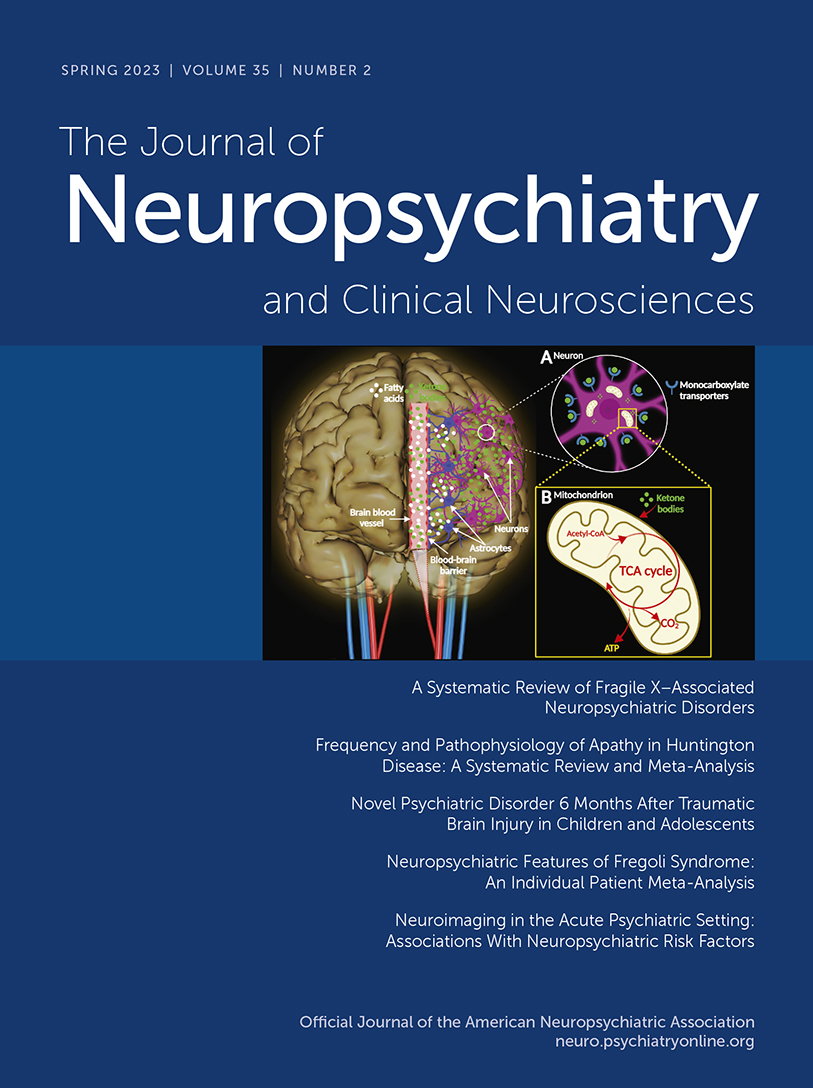Abstract
Objective:
Parkinson’s disease (PD) is a neurodegenerative movement disorder that is a result of dopamine depletion in the basal ganglia. Individuals with a PD diagnosis experience motor symptoms (e.g., tremors) and nonmotor symptoms (e.g., cognitive decline). Previous studies suggest that progression of cognitive dysfunction in other neurologic populations can be predicted by cumulative head injuries. The study examined the association between lifelong number of head injuries and nonmotor outcomes (cognitive complaints, depression, and quality of life).
Methods:
Participants consisted of 3,483 individuals with PD diagnoses who were enrolled in the Fox Insight study. Participants completed a self-report questionnaire to quantify the number of head injuries experienced throughout life. Participants also completed measures of nonmotor outcomes (cognitive complaints, depression, and quality of life) every 6 months over a 3-year period.
Results:
Cognitive complaints were more common among those experiencing more head injuries. Further, more severe depression and greater difficulties in quality of life were reported among individuals experiencing a greater number of head injuries. Additional analyses revealed the effect between cognitive complaints and number of head injuries was driven by individuals who experienced five or more head injuries in their lifetime.
Conclusions:
Among individuals with PD, a patient report of past head injuries may have prognostic implications for important nonmotor outcomes. Report of multiple head injuries may be particularly concerning.



